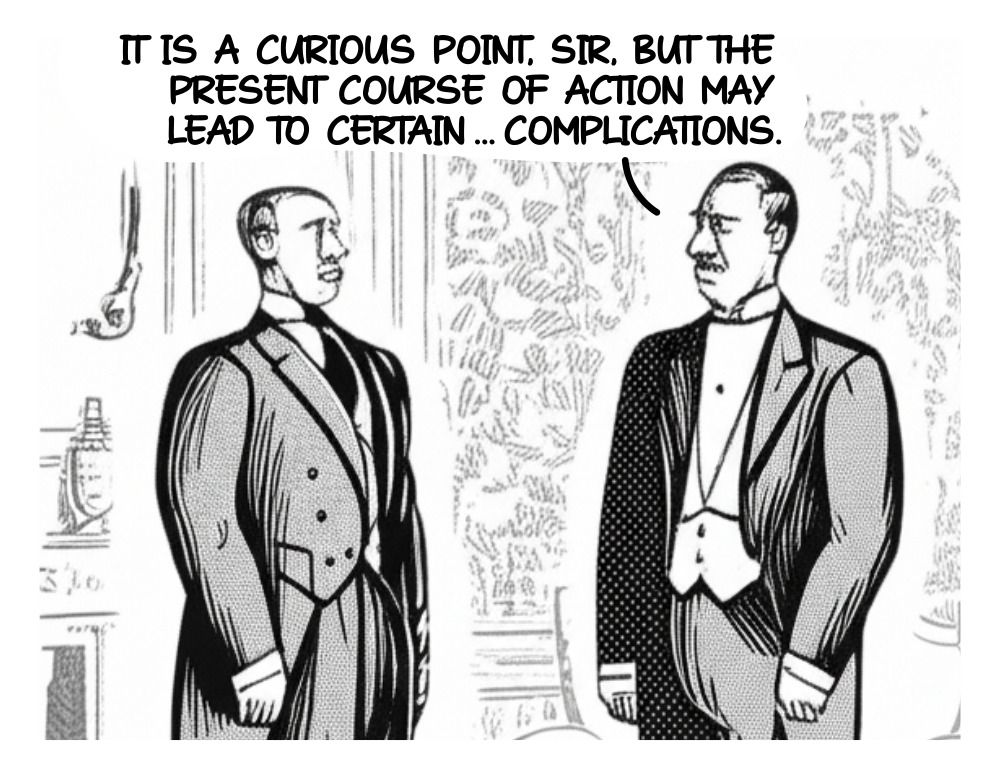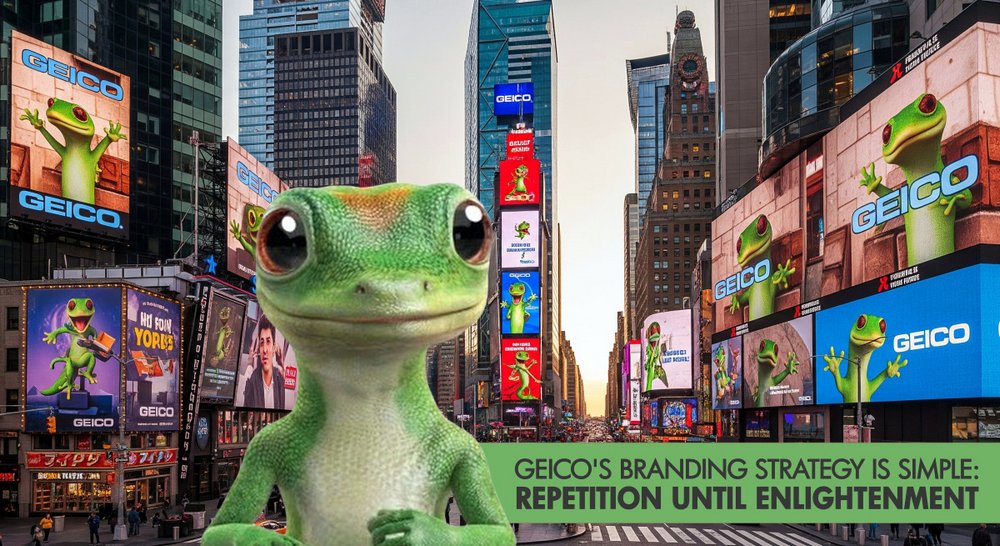 Sometimes, saying ‘no’ is easier than saying ‘yes.’ Every ‘no’ is, in fact, a ‘yes’ to something else—your time, energy, and priorities. The strength to say ‘no’ comes from recognizing this tradeoff and valuing what truly matters to you.
Sometimes, saying ‘no’ is easier than saying ‘yes.’ Every ‘no’ is, in fact, a ‘yes’ to something else—your time, energy, and priorities. The strength to say ‘no’ comes from recognizing this tradeoff and valuing what truly matters to you.
Many of us are conditioned to say ‘yes’ to please others or avoid conflict, even at the expense of our own happiness. As entrepreneur and author James Altucher puts it in The Power of No (2014,) “When you say ‘yes’ to something you don’t want to do, here’s the result: you hate what you are doing, you resent the person who asked you, and you hurt yourself.” The more you give in, the more demands pile up, leaving you stretched thin and unrecognizable.
At work, this tendency can lead to taking on tasks that aren’t your responsibility—ones others avoid because they’re tedious or undervalued. In life, an overpacked schedule of other people’s priorities leaves little room for your own well-being. If your mental health is suffering, it’s time to change.
Reclaiming your time starts with asking: “Am I saying ‘yes’ for me?” Saying ‘no’ doesn’t have to be harsh or rude. It’s your right to protect your time, resources, and peace, no explanation needed. Thoughtful ‘no’s show respect—for yourself and others.
If you struggle with ‘no,’ here’s a list of assertive, polite phrases to help:
- “I am unable to take on any more commitments at the moment.”
- “I’m sorry, I don’t think I can give you the answer you’re hoping for.”
- “I like your offer, but my schedule just won’t allow me to say ‘yes.'”
- “That’s an excellent offer, but we’re not in a position to take advantage of it right now.”
- “Good idea, but I’m afraid we have to pass on it for now.”
- “This just won’t work for me.”
- “Sorry, but this isn’t something I do.”
- “I’m sorry you have that problem. I hope you find a solution soon.”
- “Let me think about it and get back to you.” (This buys you time to consider thoughtfully.)
- “I can’t commit to this right now, but thank you for thinking of me.”
- “I’m honored you asked, but I don’t have the capacity to take this on.”
- “I don’t feel like I can give this the time and attention it deserves.”
- “Thank you for asking, but I have to say ‘no.'”
- “This isn’t a priority for me at the moment.”
When pressured to say ‘yes’ but unsure, use that pause. A simple “Let me think about it” buys you room to assess if the request aligns with your goals and capacity. This isn’t avoidance—it’s intentional self-preservation.
Idea for Impact: Saying ‘no’ is an act of freedom. It frees you from draining obligations and creates space for what truly matters. Every ‘no’ is a step toward prioritizing yourself and reclaiming your life.

.jpg)

 McDonald’s has long leaned on
McDonald’s has long leaned on  Ask anyone who has ever written something that actually worked—a punchy social post, a compelling blog entry, a persuasive ad, or even a user manual that finally made sense—and they’ll tell you: it didn’t begin with confidence or inspiration. It started with motive.
Ask anyone who has ever written something that actually worked—a punchy social post, a compelling blog entry, a persuasive ad, or even a user manual that finally made sense—and they’ll tell you: it didn’t begin with confidence or inspiration. It started with motive.  Recent news of Carnival Cruise Group’s decision to ban two “influencers” after a run of negative reviews has sparked a
Recent news of Carnival Cruise Group’s decision to ban two “influencers” after a run of negative reviews has sparked a  Whether you’re hunting for a job, negotiating a raise, or seeking a romantic partner, exuding confidence is key. But keeping up that confidence can be tough when you’re feeling desperate.
Whether you’re hunting for a job, negotiating a raise, or seeking a romantic partner, exuding confidence is key. But keeping up that confidence can be tough when you’re feeling desperate. The prevailing belief suggests that the more access we have to information, the greater our knowledge and, subsequently, our wisdom.
The prevailing belief suggests that the more access we have to information, the greater our knowledge and, subsequently, our wisdom. Saying ‘yes’ when you really mean ‘no,’ even ‘maybe,’ is lying (Note: lying is a specific action; it requires the intent to deceive the other person.)
Saying ‘yes’ when you really mean ‘no,’ even ‘maybe,’ is lying (Note: lying is a specific action; it requires the intent to deceive the other person.) Congress swiftly approved the substantial funding Kennedy requested, leading to a significant expansion of NASA. Within four years, the agency had grown ninefold from its size at the start of Kennedy’s presidency.
Congress swiftly approved the substantial funding Kennedy requested, leading to a significant expansion of NASA. Within four years, the agency had grown ninefold from its size at the start of Kennedy’s presidency. Moreover, Kennedy streamlined NASA’s ambitions to focus on a singular objective: “to develop a new frontier in science.” Prior to Kennedy’s presidency, NASA’s vision had been sprawling and unfocused, aiming to achieve superiority in technology and space exploration. By narrowing the focus to one goal, Kennedy recognized the power of clarity and direction in driving progress.
Moreover, Kennedy streamlined NASA’s ambitions to focus on a singular objective: “to develop a new frontier in science.” Prior to Kennedy’s presidency, NASA’s vision had been sprawling and unfocused, aiming to achieve superiority in technology and space exploration. By narrowing the focus to one goal, Kennedy recognized the power of clarity and direction in driving progress.